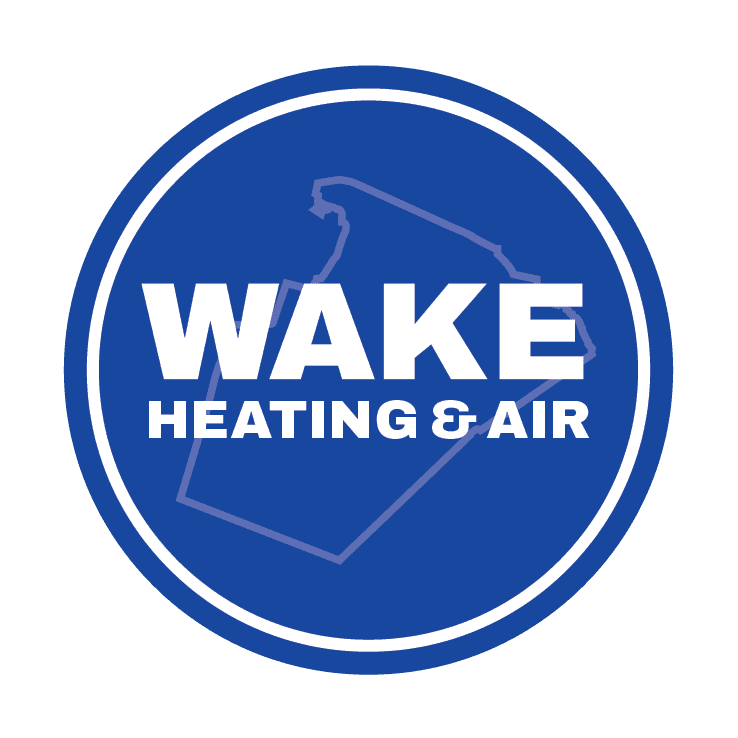Maintenance
The seasons come and go, which makes it very important that you have the proper heating and air conditioning equipment maintenance to help you through them with ease. Annual heating and air conditioner maintenance can prevent many small problems from becoming more expensive repairs later on as well as ensuring equipment efficiency and prolonging equipment life exponentially. Here at Wake Heating and Air, our technicians can provide you with a complete precision tune-up and professional cleaning for all your heating and air conditioning equipment. We offer efficient service in a fast and timely professional manner. Some of the benefits include:
- Improved Efficiency
- Extended Equipment Life
- Improved Capacity
- 15% Discount on Parts
- Priority Customer
- Agreement is Transferable
Regardless of your system's age, our Preventative Maintenance Agreements maximize efficiency and prolong the life of your equipment and duct work.
Contact Us for More Information
Any heating and air conditioning system is a major investment to ensure comfort in your home. Our years of experience guarantees that your system runs properly and efficiently all year around. Our precision tune-ups are engineered to provide you with the best heating and air conditioning service. The tune-up services include:
Spring - Air Conditioning:
- Measure volts/amps on motors
- Check starting components
- Measure for correct airflow
- Check condenser coil
- Measure Temperature Difference
- Add pan tabs to primary pan in attic
- Check or replace filters (If customer has one on site)
- Tighten electrical connections
- Measure operation pressures
- Inspect air ducts for leaks
- Measure thermostat temp reading
- Measure voltage across contactor
Fall - Heating
- Clean and adjust burner assembly
- Clean ignition assembly
- Inspect heat exchanger or elements
- Monitor flue draft
- Monitor starting capabilities
- Test safety controls
- Clean or replace filters (If customer has one on site)
- Tighten electrical connections
- Inspect air ducts for leaks
- Measure gas pressures

